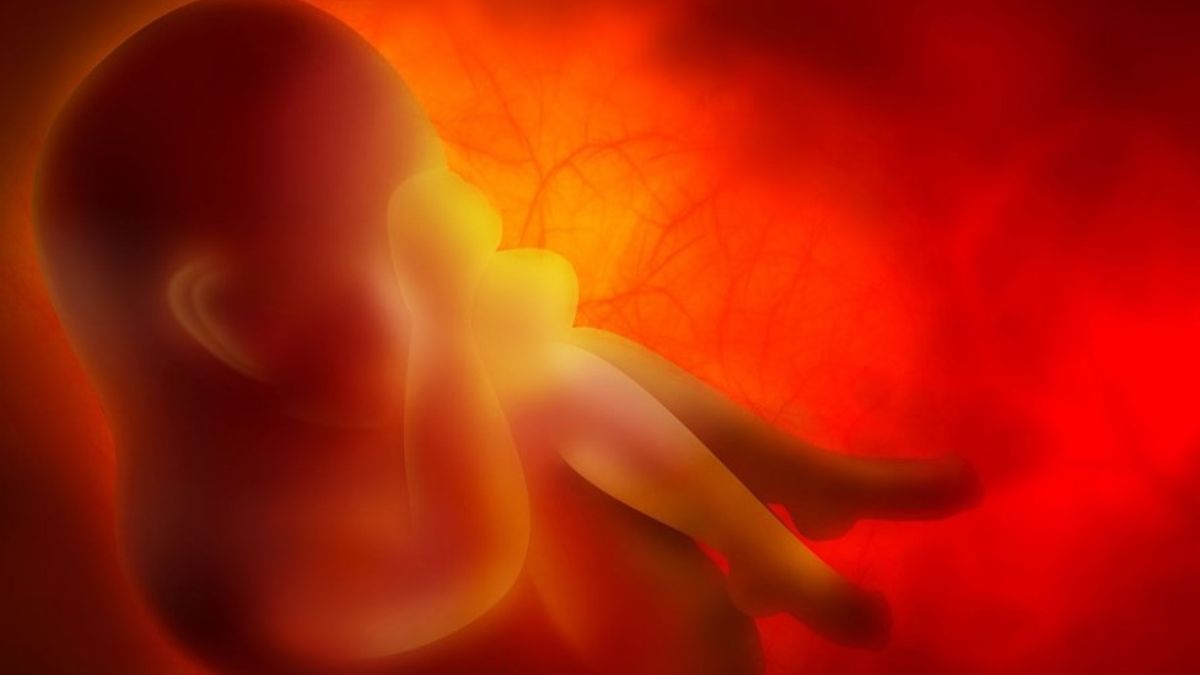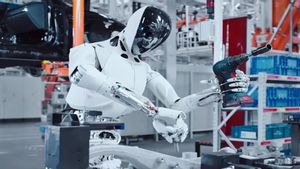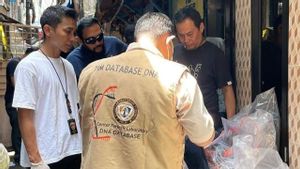JAKARTA - A team of scientists at Monash University in Australia, succeeded in creating an artificial human embryo model from skin cells. This revolutionary breakthrough allowed researchers to study the early stages of human development.
Reporting from Sputnik News. Friday, March 19, Jim Carrol, as the head of the Monash Biomedicine Discovery Institute, said that the findings were the result of experiments carried out over many years. Scientists first took skin cells and then reprogrammed them in a 3D structure that looked very much like a human embryo.
Scientists call the artificial human embryos the iBlastoids. Although iBlastoids are very similar, they actually have such a significant difference that they do not turn into fetuses or babies.
"This will be great news from all research in the world, there are many who are interested in making this breakthrough," said John Carroll.
Artificial Humans Create ControversyBecause of their similarity to human embryos, iBlastoid can be used to serve as a two-week-old model of embryo development. This is claimed to be able to solve a number of problems such as genetic diseases and infertility. However, these findings also raise another, deeper question, namely ethics.
“I believe it made anyone, morally, nervous when people started creating structures similar to early humans in petri dishes. But they're not really there yet, so that's fine. "But the more they push the envelope, the more nervous people get, I think people will think they are trying to create humans in test tubes," said Dr. Daniel Sulmasy, bioethicist from Georgetown University.
Meanwhile, according to Insoo Hyun, a biotic expert from Case Western Reserve University and Harvard University, said the new law was needed to guide scientists throughout the research.
Currently, the law prohibits the study of human embryos beyond 14 days. Jose Polo, the lead researcher in the research, believes that a discussion regarding this should be held considering that iBlastoid is not a real human embryo.
Nonetheless, this artificial human embryo is causing controversy among scientists themselves.
"We can continue to grow these kinds of humans in test tubes and not even consider the fact that they are so close to humans, can we ?," said Kirstin Matthews of Rice University's Science and Technology Policy. "I think I watch sci-fi movies too much, because it is really annoying."
The English, Chinese, Japanese, Arabic, and French versions are automatically generated by the AI. So there may still be inaccuracies in translating, please always see Indonesian as our main language. (system supported by DigitalSiber.id)









